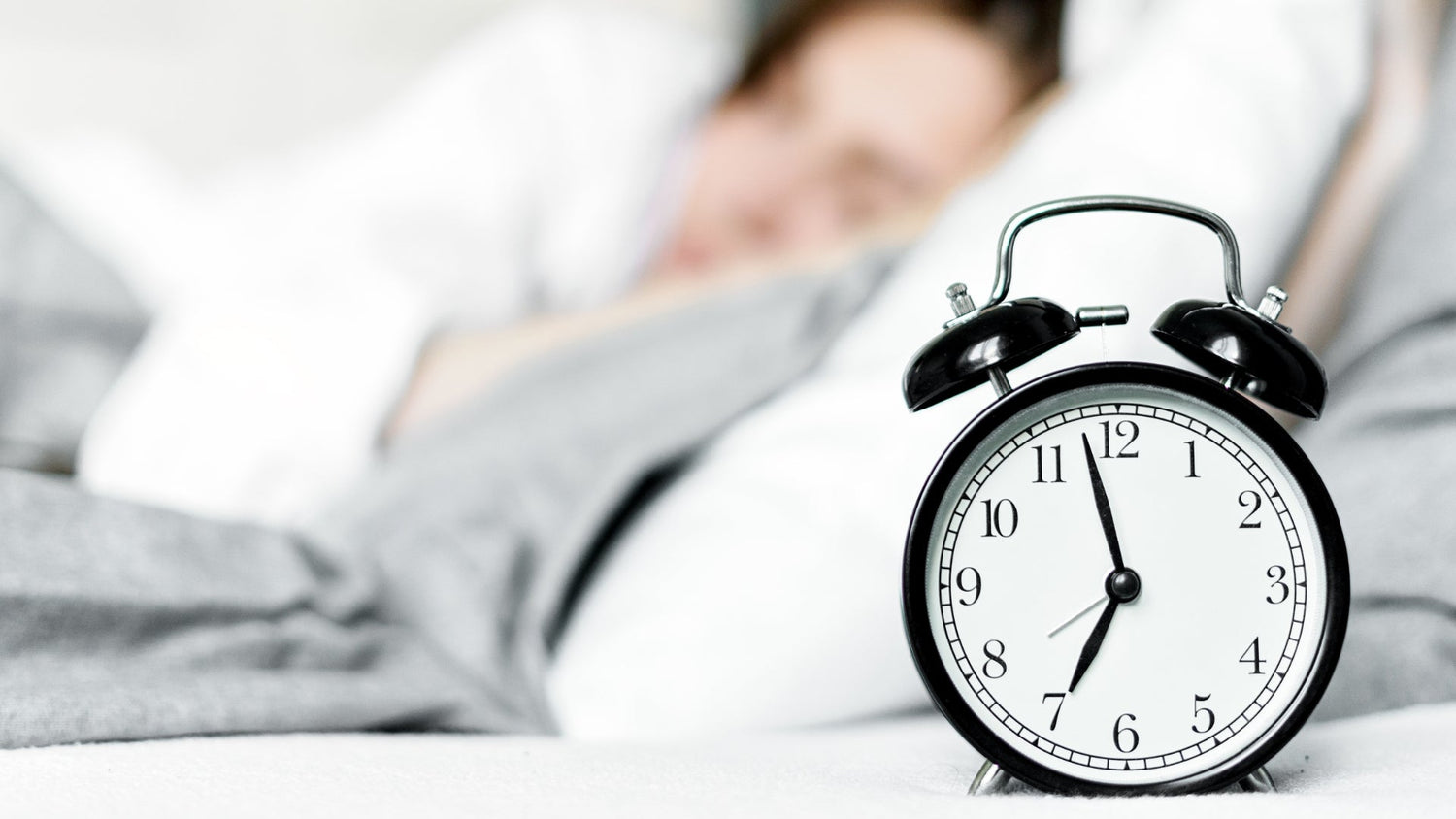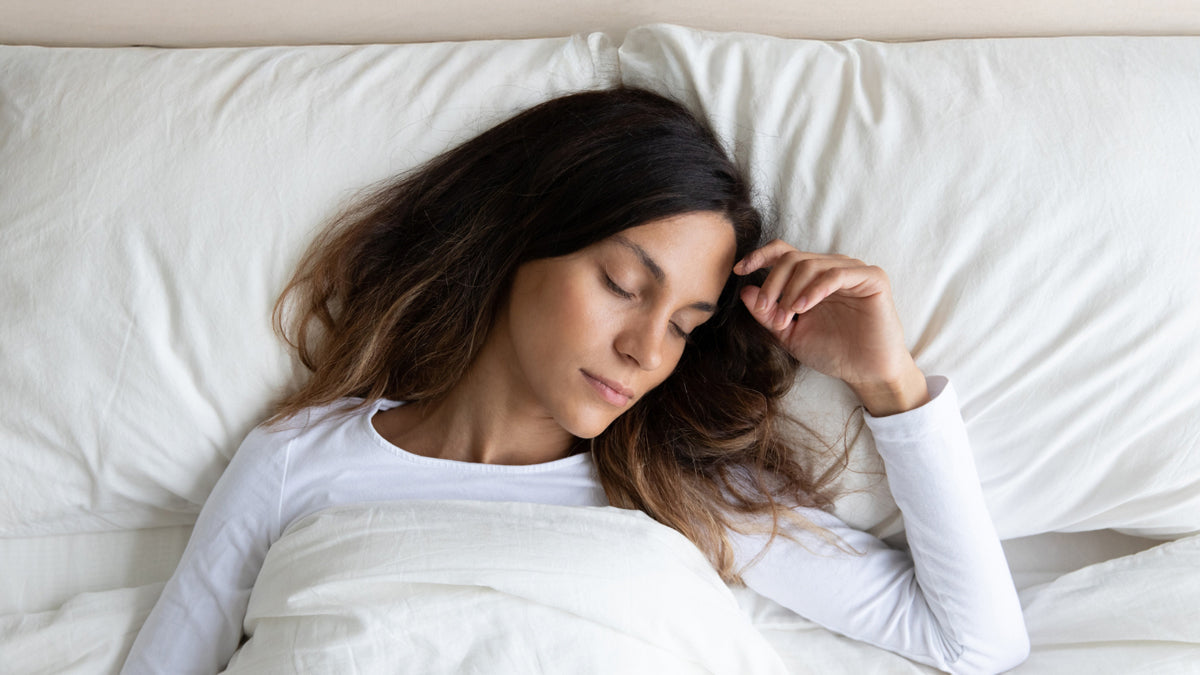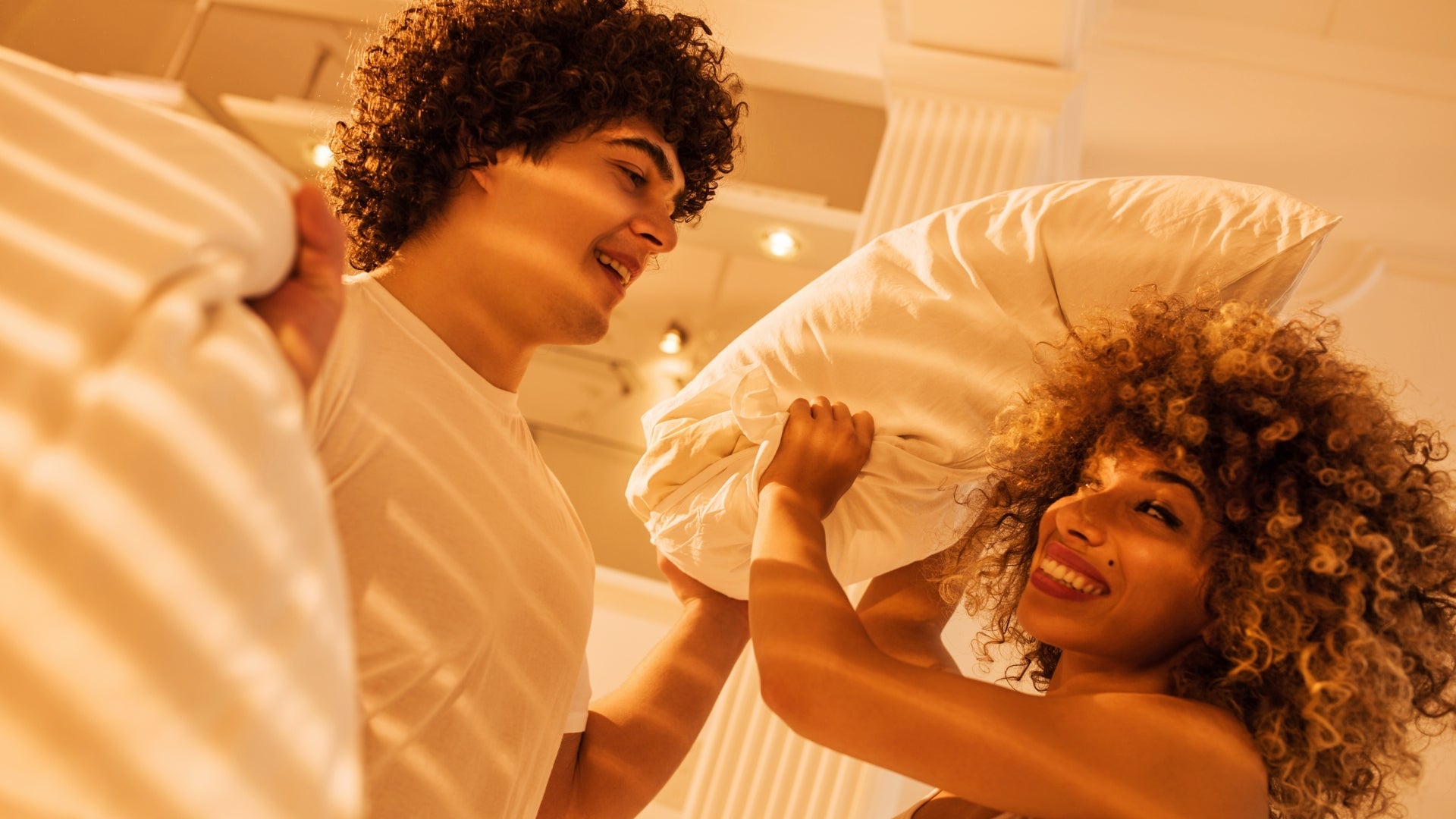As the clocks change, many of us find ourselves in the midst of an annual April Fools’ joke—except this one is played on our sleep. Daylight savings time (DST) isn’t just about moving the clocks forward or back; it’s about shifting our body’s internal rhythm, which can leave us feeling more tired than usual. Whether we’re gaining an hour in the autumn or losing one in the spring, this change can have a surprising impact on our sleep quality and overall well-being. Let’s dive into the link between daylight savings and sleep and discover how you can adjust to minimise the disruption and get back to your best sleep.
How Daylight Savings Affects Your Sleep
DST isn’t just about adjusting your clocks; it’s about altering your body’s internal rhythm, or circadian rhythm. This natural cycle regulates our sleep-wake patterns and is influenced by light exposure. When we lose or gain an hour of daylight, our internal clocks need time to adjust, which can affect the quality and quantity of sleep we get.
In the spring, when we “spring forward” and lose an hour, studies have shown a temporary increase in sleep disturbances. This can lead to feelings of fatigue, irritability, and reduced productivity. On the flip side, in the autumn, when we “fall back” and gain an hour, it can be a bit easier to adjust, but the sudden change in light exposure can still disrupt your sleep cycle.
Why This Disruption Happens
1. Light Exposure: Our bodies respond to light, which is why DST has such an impact. In the morning, we get more daylight earlier, which can trick our body into thinking it’s time to wake up, even if we’re still tired.
2. Sleep Debt: Losing an hour of sleep can result in a “sleep debt,” which might make it harder to feel rested and refreshed, especially if you’re already not getting enough sleep on a regular basis.
3. Circadian Rhythm Misalignment: The time shift can throw off your circadian rhythm, which could take days or even a week to get back on track. This misalignment can lead to poorer quality sleep, making you feel sluggish and out of sync.
Tips for Adjusting to Daylight Savings
Thankfully, there are simple ways to ease the transition and minimise the effects of DST on your sleep:
1. Adjust Your Sleep Schedule Gradually:Try going to bed and waking up 15 minutes earlier or later each day (depending on the direction of the change) to help your body adjust more smoothly.
2. Get Plenty of Natural Light: Exposure to natural light during the day can help reset your circadian rhythm and promote better sleep at night. Take a walk outside during daylight hours, especially in the morning.
3. Create a Sleep-Friendly Environment: A comfortable pillow, like those from Pillow World, is key to a good night’s sleep. A pillow that suits your sleep style (whether you prefer cooling, memory foam, or anti-snore options) can make all the difference in how well you rest, especially during transitions like daylight savings.
4. Avoid Caffeine and Alcohol Before Bed: These substances can interfere with your sleep, so try to limit them in the hours leading up to bedtime.
5. Stick to a Routine: Even if your schedule is disrupted, try to maintain a consistent sleep routine. Going to bed and waking up at the same time every day will help your body adjust more quickly.
The Bottom Line
While daylight savings can temporarily disrupt your sleep, the effects are usually short-lived. By adjusting your sleep routine, getting natural light, and ensuring your sleep environment is optimal, you can make the transition as smooth as possible. And remember, with the right pillow to support you, whether it’s for comfort, pain relief, or cooling, Pillow World has everything you need for a restful night, no matter the time of year.
Happy sleeping 💤





Leave a comment
This site is protected by hCaptcha and the hCaptcha Privacy Policy and Terms of Service apply.